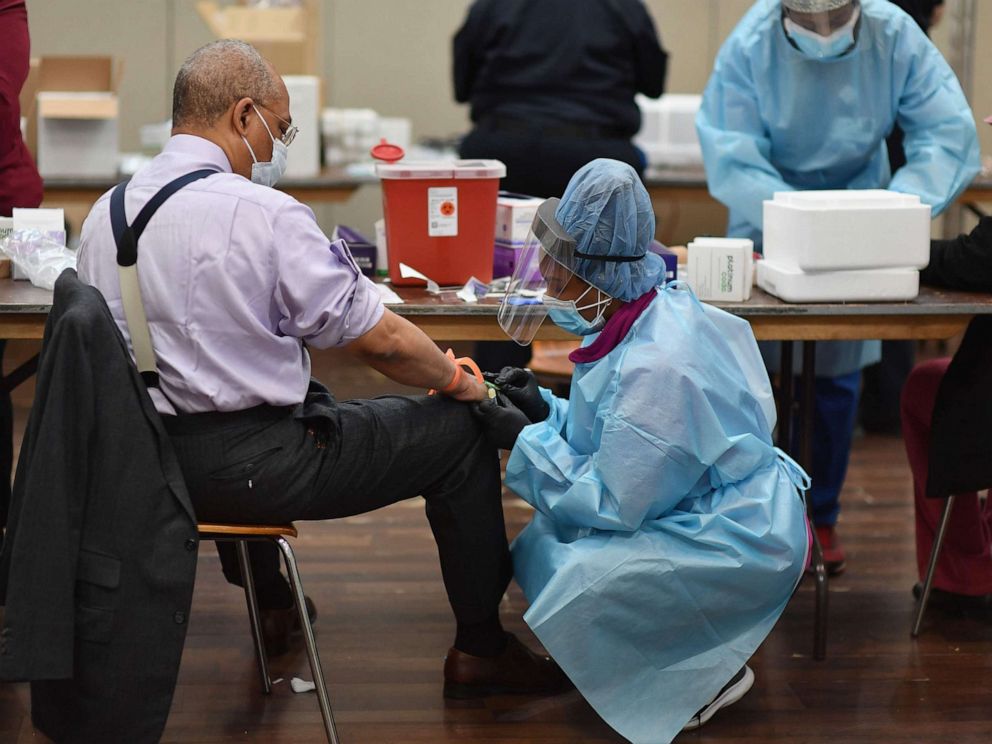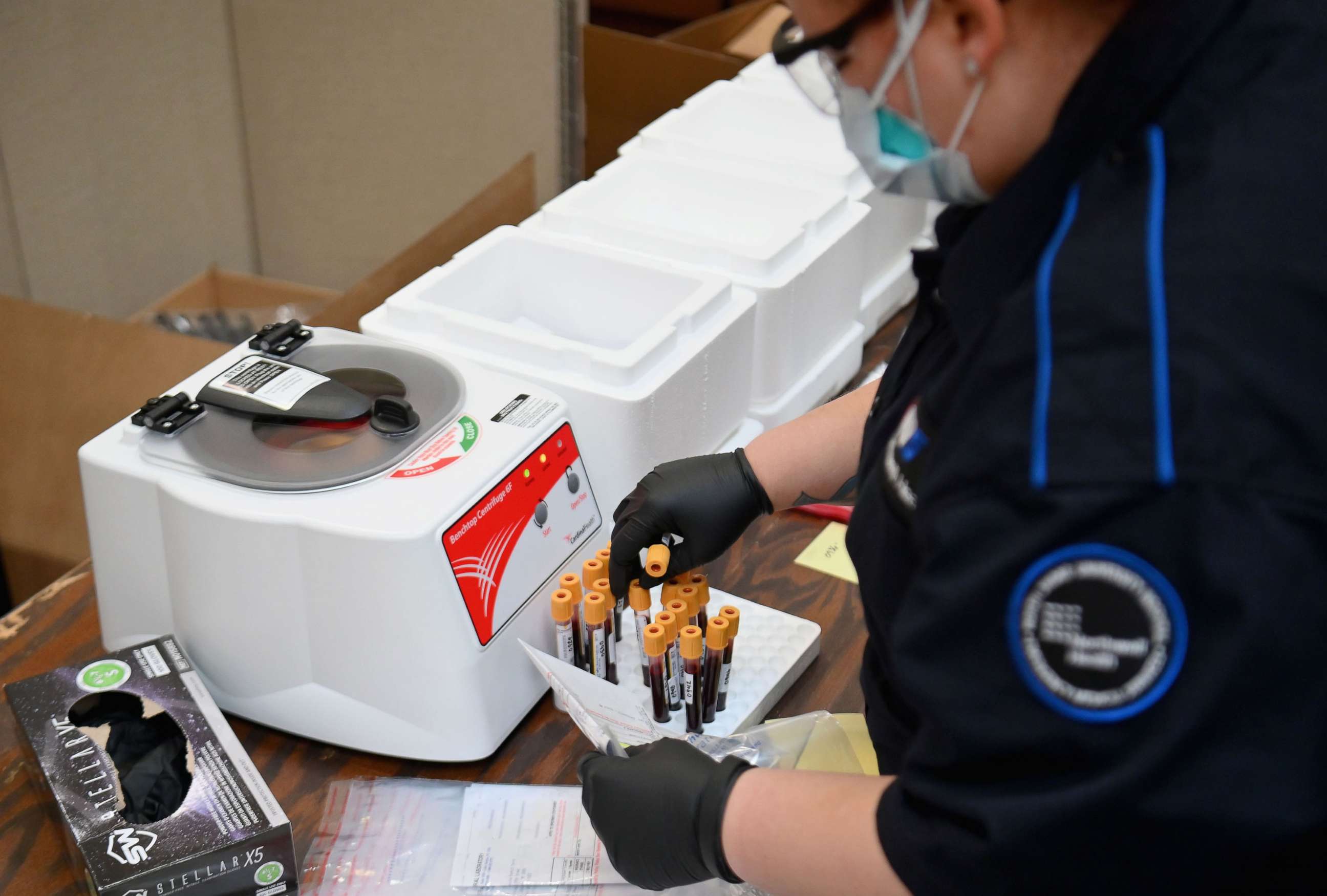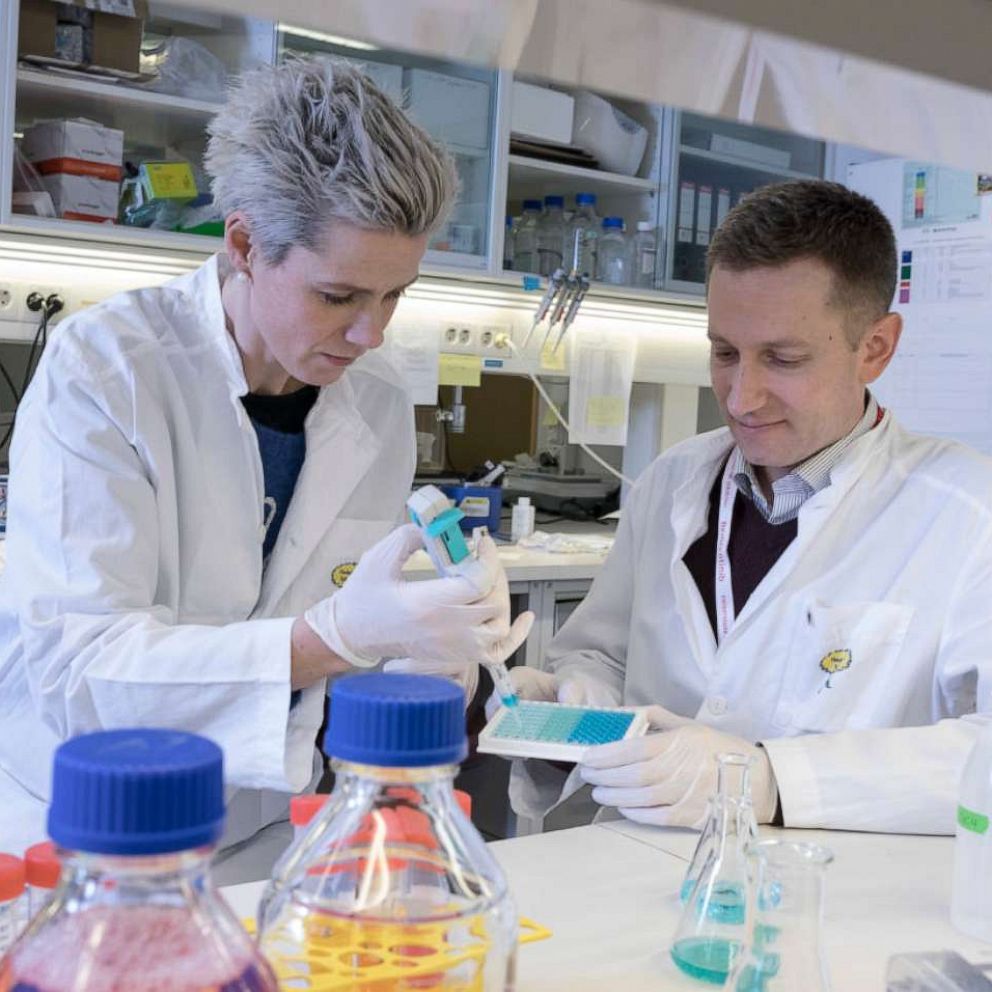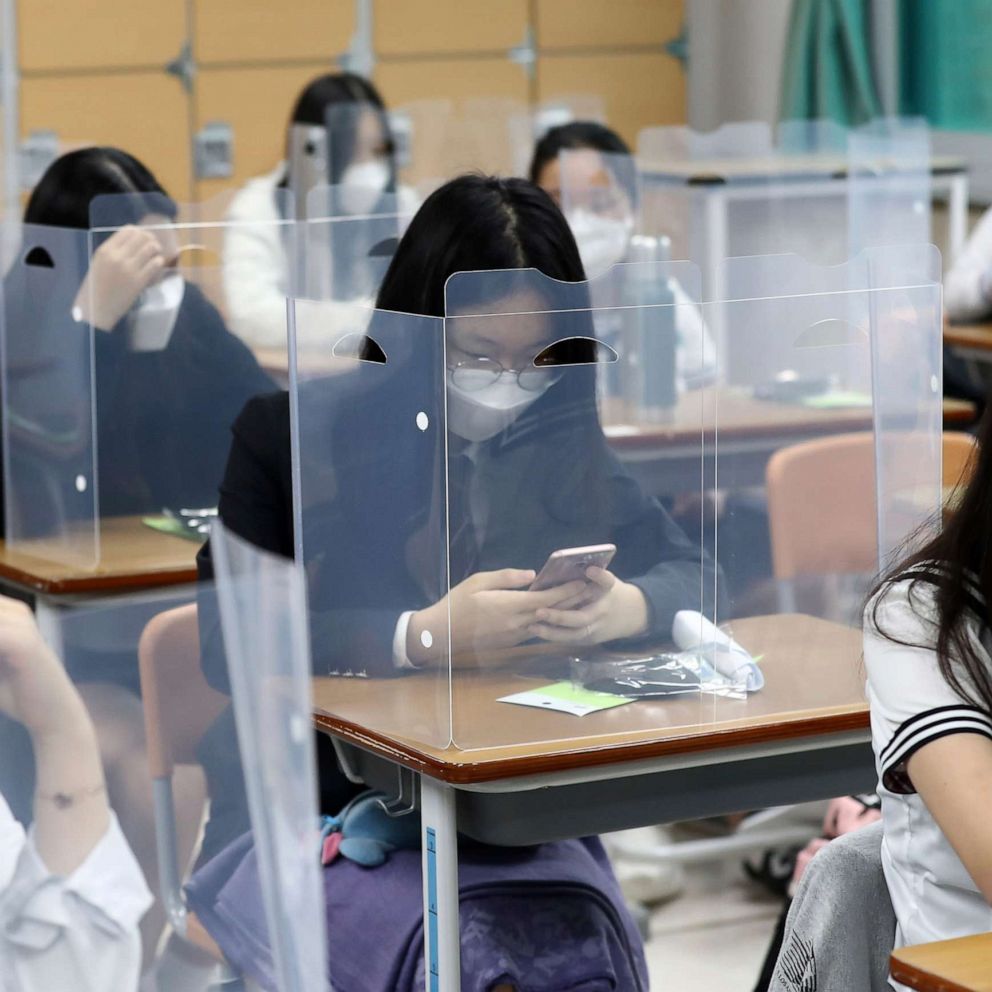Buyer beware? What to know about direct-to-consumer antibody tests
Not all antibody tests are created equal.
You may have heard a lot about COVID-19 antibody testing recently. In fact, your doctor may have even offered you the option of getting the test.
Just because you can get an antibody test, should you?
Antibody tests are most useful from a public health perspective to estimate how many people have been previously exposed to the virus, experts say.
For more information on the list of 12 antibody tests the FDA says do work.
But they admit that for individual people hoping to use the tests to make better decisions about their health, antibody results may be less helpful, at least until questions around their accuracy are resolved and scientists learn more about recovered COVID-19 patients.
Nevertheless, major diagnostic laboratory companies have ramped up their performing capacity to offer these tests directly to consumers. Quest diagnostics, one of the major players, has offered 975,000 COVID-19 antibody tests in just over a month, a number that could increase to 1.4 million each week.
Here's what you should know and consider before getting a COVID-19 antibody test.
What's an antibody test?
Antibody tests use a blood sample, either through a fingerprick or blood draw, to determine whether or not you were previously infected with the virus that causes COVID-19.
"Antibodies are markers of an infection you had," Dr. David Grenache, president-elect of American Association for Clinical Chemistry and chief scientific officer of TriCore Reference Laboratories, told ABC News.
What types of antibody tests are available?
Not all antibody tests are created equal. There are two major types of COVID-19 antibody tests available to consumers: rapid antibody tests, which, like a pregnancy test, can give yes or no results within minutes, or a laboratory-based antibody test, which can take a couple of hours to process and provide more information on the level of antibodies present.
Dr. James Baker, who specializes in immunology and diagnostic laboratory tests, says some rapid antibody tests are very good at detecting people with very high levels of antibodies but the "low level positives are hard to read."

Are all antibody tests on the market reliable?
Unfortunately no. It is your responsibility along with your provider to make sure the test you pay for can be trusted. Before you purchase a test ask your health care provider whether or not the test has been reviewed by the Food and Drug Administration.
Be on the lookout too for any important disclosures. The FDA may have granted emergency use authorization for the test.
Inquire into the sensitivity and specificity of the test. Sensitivity refers to "how often does this test get the correct result in a person that has the antibodies," said Dr. David Grenache. A test with low sensitivity means that it "has the potential to give false negative results, meaning that the antibodies are actually present, but the test fails to detect it," he noted.
According to Grenache, specificity refers to the tests' ability to accurately return a negative result.
At the start of the U.S. pandemic, the FDA allowed commercial manufacturers to distribute their own antibody tests as long as they had self validated their own tests and provided evidence to the FDA.
"So many tests of suboptimal quality have flooded the market and that's been a serious cause for concern," said Grenache.
The FDA more recently tightened its policies following criticism from medical experts and government officials. Now all commercial manufacturers are required to apply for emergency authorization and provide the FDA with more thorough data about their tests' performance. The FDA will review this data to decide whether or not the test can remain on the market. The FDA said it will begin reviewing these tests and prioritize those that appear to be of more dubious quality.
The timeline, however, for when this review process will be complete or when the agency will take action against questionable antibody tests is still unclear. For now, only 12 COVID-19 antibody tests have received emergency authorization by the FDA. The FDA publicly shares information about these tests online. Many antibody tests that are not yet FDA reviewed may still be available to consumers.
The FDA warns that even a good test has its limitations. In areas where the rates of infections are very low, the agency says a second antibody test might be necessary to confirm results.

What does an antibody result tell you?
An antibody test cannot diagnose COVID-19 infection on its own. It can only show you whether or not you were infected with the virus in the past.
If you've experienced certain symptoms a couple weeks ago and are believe you may have had COVID-19, an antibody test might be useful in determining whether or not you were in fact infected.
Knowing you have antibodies to COVID-19 may also make you an eligible candidate to donate plasma for convalescent plasma therapy, an experimental COVID-19 treatment.
Beyond that, a positive or negative result should not change the way you behave.
"Until we know more, there is not a lot of value to antibody tests right now," said Grenache.
Scientists are still learning about whether or not antibodies confer any protection or immunity from future reinfection. In fact, the World Health Organization has cautioned against issuing "immunity passports" for people who test positive, saying "at this point in the pandemic, there is not enough evidence about the effectiveness of antibody-mediated immunity."
CityMD recently apologized and reversed a previously incorrect statement shared with consumers through its patient portal which said, "Positive result on the COVID-19 antibody test confers immunity."
Baker warns that testing positive for antibodies does not necessarily confer immunity.
"People need to understand that they may not be totally resistant to reinfection and need to be continue to be careful and distant," he said.
Timing is important
Antibody tests typically detect one to two different classes of antibodies, which are produced by the body at different times during the course of infection and recovery.
Most of the antibody tests authorized by the FDA only detect IgG antibodies. It is estimated that IgG COVID-19 antibodies typically develop around seven to 10 days after infection. That means if you take an antibody test within a week or two of being infected, the test may deliver a negative result because it couldn't find the tell-tale antibodies in your blood.
"Even a very sensitive IgG test will only result in a positive result late on. It could be a couple weeks and you might still not have antibodies detected. You may have a false negative because it's too close to when you thought you were infected," said Baker.
Bottom line: Ultimately it's your choice whether or not to get an antibody test. Baker says that consumers should keep their providers accountable.
"If they can't explain what the test means to me in a way I can understand they shouldn't be providing the test," he said.
Eden David, who studied neuroscience at Columbia University and is matriculating to medical school later this year, is a contributor to the ABC News Medical Unit.







